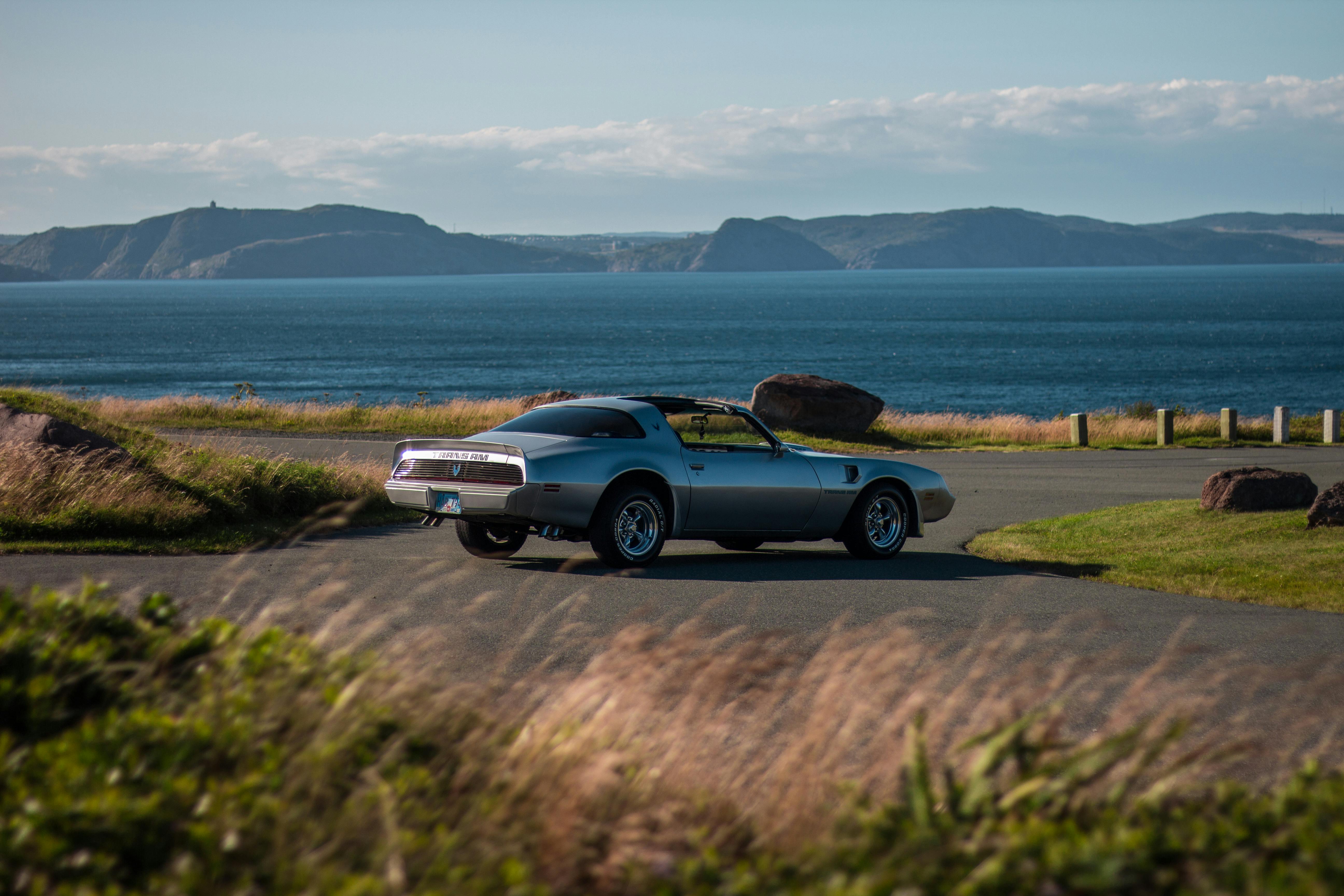
Introduction
Death doesn’t get much attention in wellness circles, except as a warning. Premature death is presented as the last risk factor for not living wisely, that is, in a manner consistent with the forms of well-being. (It goes without saying, I hope, that postponing death isn’t even close to one of the best reasons to live wisely.)
Few wellness advocates have put a positive spin on death that I know of. Until now. It should not be ignored as the consequences of doing so can be dire. So, wellness promoters and everyone else, consider the chances of a REAL form of wellness to die, when you’re well and ready, and when the options to stay alive in a decent enough state are nil. After all, there is a wellness option, if you plan for it and the conditions are right.
Robert Green Ingersoll, at the beginning of his moving Oration at a Child’s Grave of January 9, 1882, spoke these words:
Why should we fear what will come to all that is? We cannot say, we do not know, which is the greater blessing: life or death. We cannot say that death is not a good.
That idea of death as a good has never caught on. No one wants to rush things, but prolonging life if it becomes unbearable or even horrifying with death throes may not be very appealing.
Now is the time to expand the scope of REAL wellness to the final act of life, when you, in consultation with medical experts, conclude that no more jewels of joy can be collected and treasured. Planning your own death is a key element in a new and improved concept of wellness. That is, REAL well-being.
Dying
Many, if not most, people die after a persistent illness, in a hospital, hospice, or at home after a period of decline and suffering, often in difficult ways, to say the least. The exception is dying unexpectedly from a heart attack or stroke, due to a plane crash or some other random way. For most relatively peaceful societies, death is slow, gradual, and unpleasant. Over time, life becomes less and less attractive, the joys diminish and the miseries increase. Often the pain worsens as the body shuts down, slowly, inexorably, mercilessly.
When you judge that the prospects for a worthwhile quality of existence are gone forever, a peaceful, pain-free ending should be a REAL wellness option, if you want one.
However, due to religions, this right does not exist except in a few places on Earth (including all of Canada and six US states and the District of Columbia). This is largely because, like almost everything else, religion poisons death.
The heavy hand of religion on death in the United States
As with slavery, prohibition, stoning, arranged marriages, blasphemy trials, and Sunday laws that prohibit commerce in general and enjoyment in particular on the Lord’s day, government-imposed restrictions that block right-to-die options are eroding. In time, prohibitions against physician-assisted or personally initiated suicide at one’s discretion will be seen as ignorant and grotesque, similar to the aforementioned examples of church meddling in matters of individual choice. But, probably not in time, if you want this privilege but don’t reside in Oregon, Montana, Colorado, Vermont, California, Washington, the District of Columbia, or other US jurisdictions that allow what seems like a basic secular right.
Unfortunately, those guided by interpretations of revelations, holy books, and a variety of dogmas and creeds insist that everyone, believer or not, follow their faith-based beliefs. Only God can play god, say religionists like Trump’s gift to the Supreme Court, Neal Gorsuch. The newest judge even wrote a book against choosing to die, citing the Catholic mantra about the sanctity of human life.
Christians insist that only their god decides when Christians and everyone else can die. Unfortunately, your god seems to have a bad habit of allowing, if not inflicting, long periods of utter misery, torture really, before deciding to decide, okay, you can stop suffering now.
Arguments about death by dying, death with dignity, exit/final options are associated in the United States with conflicts between church and state. In the absence of religions, there would be little or no opposition to choosing when and how to die.
Your choice
People who have seen a loved one die know why it is important to choose to die. Denying a peaceful end to one’s own time seems like a fundamental human right. But, it is not surprising that we are a society that denies death, given religious fantasies. I live in the Tampa Bay area of Florida. Reading the daily obituaries in the Tampa Bay Times, one might think that even those whose photos appear on the obituary pages did not actually die. They passed away, left to be with their Lord and Savior, or moved to heaven to live with a loved one lost years ago (who presumably appeared in this imaginary but better place).
For mixed opinions on legalizing or banning the choice to die, you can find June 3, 2017 letters section of the New York Times instructive. The letters refer to a May 28 series titled, The death and life of John Shields.
A healthy lifestyle includes, in addition to wise choices and actions in areas such as exercise and nutrition, stress management, the use of reason, the pursuit of exuberance, and the acceptance of personal freedoms, a strong sense of personal responsibility for everything that affects your life. It seems logical that everyone who adopts this philosophy of living well wants to apply the same level of self-responsibility when death approaches, circumstances permitting.
Be well, enjoy life and accept that eventually we all must die. In America, we should have the right to decide, circumstances permitting, how and when we break up.